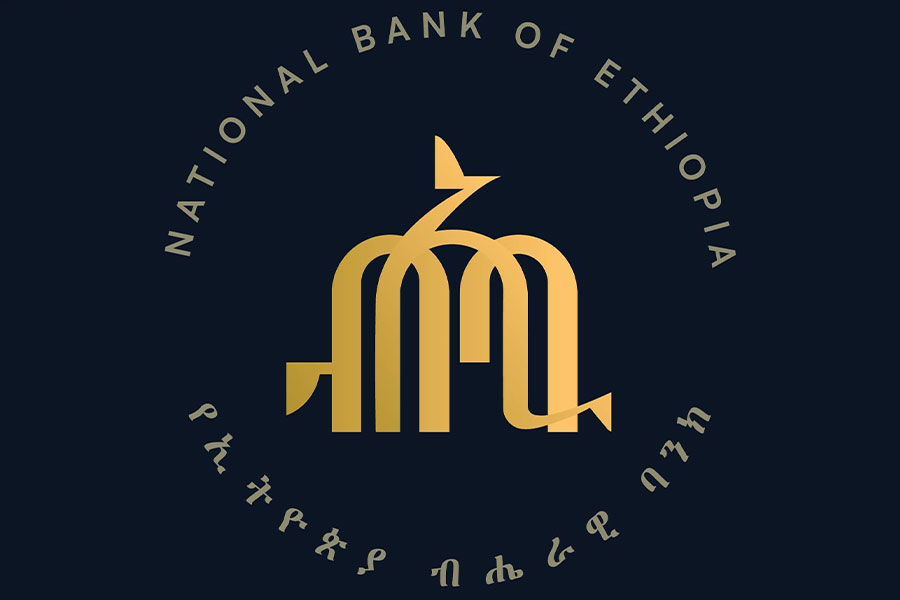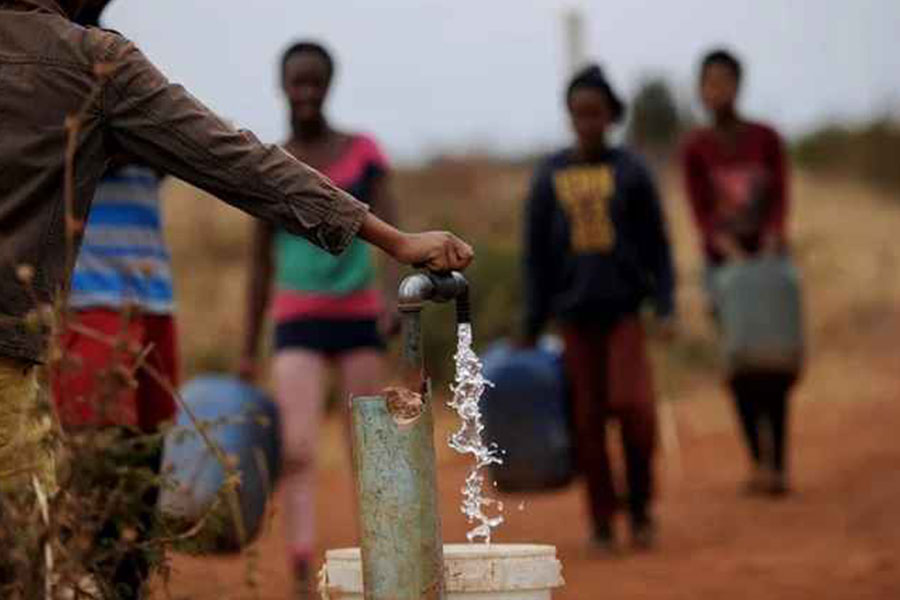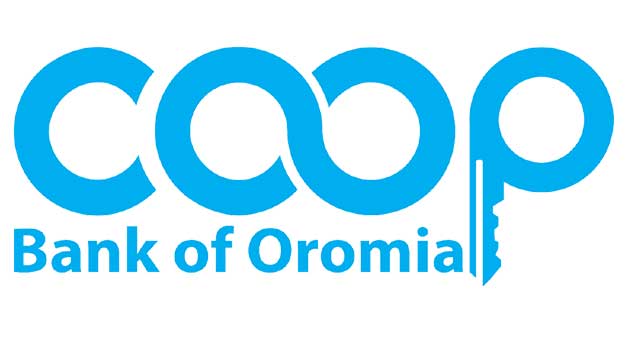
Aug 19 , 2023
By BERSABEH GEBRE ( FORTUNE STAFF WRITER )
Officials at the Addis Abeba City Administration are making health service fee adjustments in health centres and hospitals under their jurisdiction.
Signed by Abdulekedir Redwan, head of the city Finance Bureau, the move hopes to help the institutions finance their operations and address the budget shortage for drugs and reagent procurements.
According to the Director of Partnership Beshir Mohammed, this is the second effort to revise prices after failed attempts to mitigate the budget scarcity.
The price adjustment is made on 98 health centres and six hospitals overseen by the Addis Abeba Health Bureau. It was applied a fortnight ago on 1,500 services, excluding those requiring follow-ups such as obstetrics and dialysis treatments.
Tirunesh Bejing, Menelik, Zeweditu, Yekatit 12, Ras Desta Damtew and Gandhi memorial hospitals are overseen by the Health Bureau. First-class in-patient treatment requires 400 Br payment every other day while chemotherapy and diagnostic services such as MRI have doubled prices to 600 Br and 3,280 Br respectively.
The jump in healthcare costs is putting a strain on the budgets of public health institutions, which are already struggling to provide quality care.
Mulugeta Endale (MD), deputy head of the Bureau, said pharmaceuticals and regents prices have been on the rise, forcing public health institutions to ask for further budget before the end of the year to sustain their operations.
He reasons that patients would be required to pay much larger amounts at private institutions, indicating that the price adjustment is carefully calibrated to consider the economic constraints.
"We made sure it stayed affordable," said Mulugeta.
This year, the health sector is allotted 8.2 billion Br by the City Cabinet, which showed a 1.7 billion Br increase from the previous year. Meanwhile, the Bureau has been studying to outsource clinical and non-clinical services to the private sector.
Even with the recent increase in funding, hospitals are still grappling to get by. Ras Desta Hospital located on Arbegnoch Street, received 300 million Br in the ended budget year but the hospital management asked for an extra 87 million Br budget in April where half was appropriated.
For the Hospital Manager Teshome Hundie, the slight increment does not even cover a single card payment which costs 60 Br to print, while patients are required to pay 45 Br upon a visit to see a physician.
He indicated that while the budget is divided on a monthly basis for careful spending, infectious disease treatments such as HIV, Tuberculosis and Acute Watery Diarrhoea are free of charge.
"It barely covers administrative costs," he told Fortune.
Mekuria Tadesse, head of the Woreda 9 (Kuas Meda) Health Center concurs. The Health Centre had a 22 million Br budget last year, with a third to cover employee salaries and duty payments.
Mekuria said they were fortunate enough to save a chunk of the budget from being eaten by inflation as they had pharmaceutical supplies in stock. However, they are 700,000 Br in debt from the state-owned Ethiopian Pharmaceutical Supply Service and planning to settle from the current year's 33 million Br budget.
"It'll definitely affect this year's procurement which makes service fee adjustment inevitable," said Mekuria.
Despite the challenges, there is hope for affordable healthcare through viable options.
According to the Deputy Head of the Health Bureau, the Community-Based Health Insurance (CBHI) scheme designed to cater for a society with informal income will address people that cannot afford such changes.
While CBHI benefits the population segments with informal income, the Social Health Insurance (SHI) scheme has been frozen due to budget constraints. It aimed to benefit public service and private company employees with the federal government covering three percent of the cost and an equivalent rate is deducted from their gross salaries.
Atsede Yifter, a mother of three, makes 3,000 Br monthly by working as security personnel at one of the government institutions. She had surgery for a mass that had grown around her neck a year ago. Since then, she has had regular follow-ups at the health centre.
Atsede was met with increased prices when she arrived at the institution with nearly 300 Br inside her purse for the usual checkups. While she was able to settle her payment after a phone call made to her family members, the affordability in the months to come is questionable as she does not qualify for the CBHI scheme.
"It's concerning," she said.
Experts stress the importance of commencing the Social Health Insurance scheme which can contribute to alleviating the financial burdens of public institutions as well.
Damen Hailemariam (Prof) an expert in public health and health economics at Addis Abeba University believes the establishment of social health insurance is crucial as an inflation-driven health service price increment is not a one-time incident.
He researched SHI's contribution to financing the health sector back in 2003. According to Damen, the SHI scheme could possibly mobilise a large amount of finance as all insured employees will not need treatment simultaneously.
"It can even foster institutional capacity," said Damen.
However, he observes that it needs a lot of work to create awareness amongst users that are reluctant to contribute three per cent of their income to the possibility of getting sick.
PUBLISHED ON
Aug 19,2023 [ VOL
24 , NO
1216]

Radar | Oct 31,2022

Radar | Apr 12,2020

Fortune News | Apr 22,2023

Fortune News | Jan 05,2020

Radar | Jul 13,2019

Dec 22 , 2024 . By TIZITA SHEWAFERAW
Charged with transforming colossal state-owned enterprises into modern and competitiv...

Aug 18 , 2024 . By AKSAH ITALO
Although predictable Yonas Zerihun's job in the ride-hailing service is not immune to...

Jul 28 , 2024 . By TIZITA SHEWAFERAW
Unhabitual, perhaps too many, Samuel Gebreyohannes, 38, used to occasionally enjoy a couple of beers at breakfast. However, he recently swit...

Jul 13 , 2024 . By AKSAH ITALO
Investors who rely on tractors, trucks, and field vehicles for commuting, transporting commodities, and f...

Nov 1 , 2025
The National Bank of Ethiopia (NBE) issued a statement two weeks ago that appeared to...

Oct 25 , 2025
The regulatory machinery is on overdrive. In only two years, no fewer than 35 new pro...

Oct 18 , 2025
The political establishment, notably the ruling party and its top brass, has become p...

Oct 11 , 2025
Ladislas Farago, a roving Associated Press (AP) correspondent, arrived in Ethiopia in...